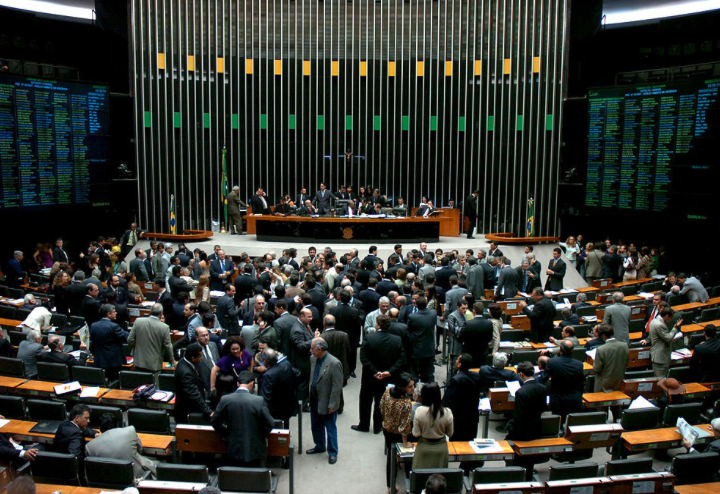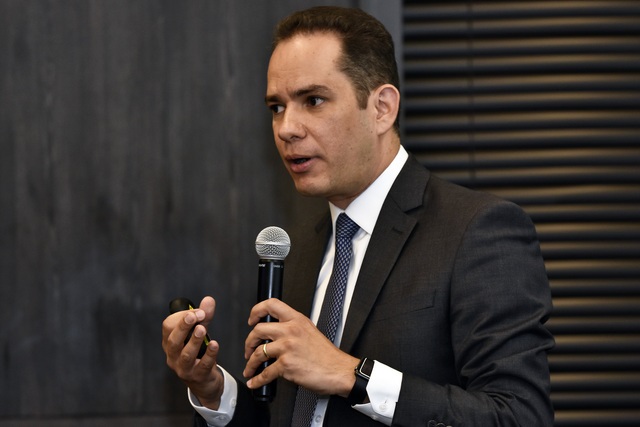With the broad vote obtained in Congress, the pension reform in Brazil seems to have entered a safe path, opening the possibility of a reduction in interest rates and new reforms, says Luiz Ribeiro, CFA Managing Director Head of Latin American DWS Equities, in an exclusive interview to Funds Society.
Interest rate cuts
In the opinion of the expert, the fact that the reform was approved so widely is very positive because it implies that opposition congressmen voted in favor.
One of the most remarkable aspects of the reform is the volume of expected savings that, according to his estimates, could be around 850,000-900,000 million reais in ten years. Thus, Ribeiro believes that this important volume will allow the Brazilian Central Bank to reduce interest rates by 100 bp before the end of the year. “We expect the central bank to cut rates by 50 bp at its next meeting to 6% and another 50 bp in the next. This reduction will have a very positive impact on the equity markets “, Ribeiro points out.
Regarding the next steps in the parliamentary approval process, Ribeiro is confident and does not expect big surprises: “This first vote has been the most important, and we do not foresee that there will be problems in the Senate voting. It is a done deal and we hope that the reform will be voted on in the Senate at the end of August. “
Door opened for further reforms and foreign investors inflows
In relation to how much of these positive reforms have already been priced in, Ribeiro states that while the Sao Paolo stock exchange is trading at PER of 12.2 times above the 7-year historical average (11 times), there is potential for further upside as the market has not yet priced in the next reforms that will came into place after to the approval of the pension reform.”The next reform to be addressed will be the tax reform and the market seems to start to discounting it for next year.”
Ribeiro also highlights the fall in country risk premium, resulting in 5 yrs CDS levels similar to the ones Brazil was when its rating was investment grade. This lower perception of risk may drive foreign investors back to the Brazilian equity market, although Ribeiro believes that they will wait until the parliamentary process is in a more advanced state.
In this regard, he points out: “The recent inflows that we have seen in Brazilian stock market come from a change in the asset allocation of local funds from fixed income markets equities. I think this trend will continue, but we will begin to see foreign investors in the coming to the market in a few months. “
After this important step in Guedes economic agenda, the manager states that the main risks that may affect Brazil come from the external sector and are basically: “Increase tensions in the trade war or the situation in Italy.” Consequently, in their portfolios they overweight sectors linked to the domestic economy such as the consumer sector and certain smaller financial companies.


